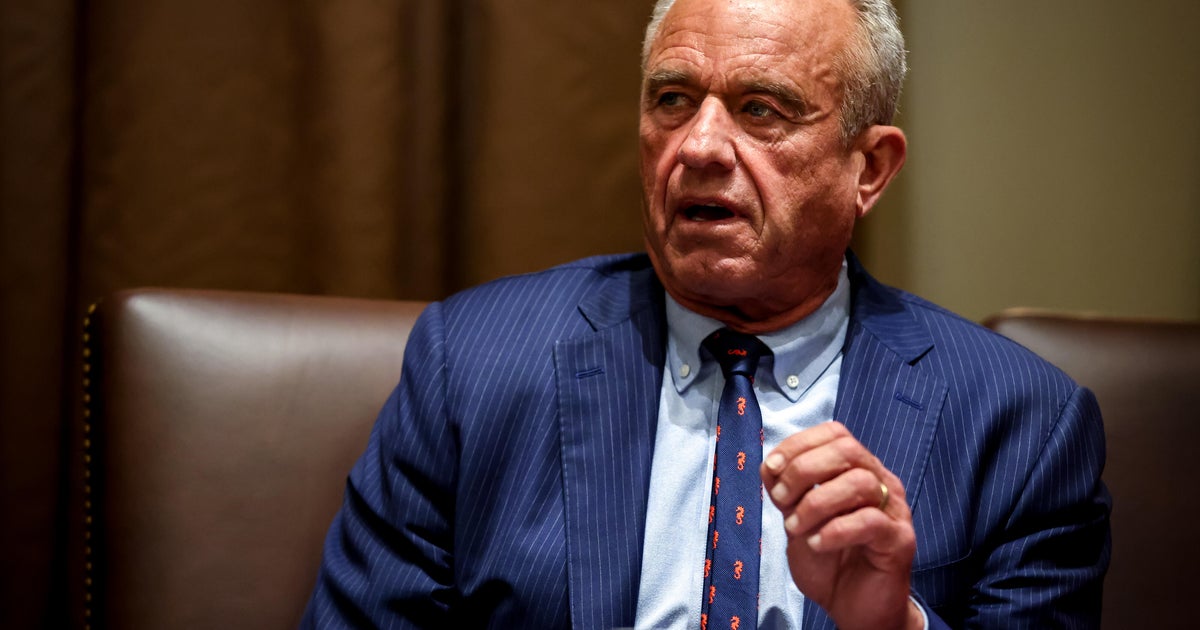Breaking: Penn State Volleyball Star Prioritizes Mental Well-being, Steps Back from Court

In a powerful statement of self-care, Penn State volleyball sensation Izzy Starck has made the courageous decision to step back from the court for the remainder of the season. The sophomore setter, who was instrumental in leading the Nittany Lions to their historic eighth national championship in 2024, announced her temporary departure on Friday, prioritizing her mental health.
Starck's decision highlights the growing recognition of athlete mental wellness in collegiate sports. By choosing to focus on her personal well-being, she sends a strong message about the importance of mental health and self-preservation, even in the midst of athletic success.
The young volleyball star's openness about her mental health journey demonstrates remarkable strength and vulnerability, potentially inspiring other athletes to prioritize their psychological well-being alongside their athletic performance.








